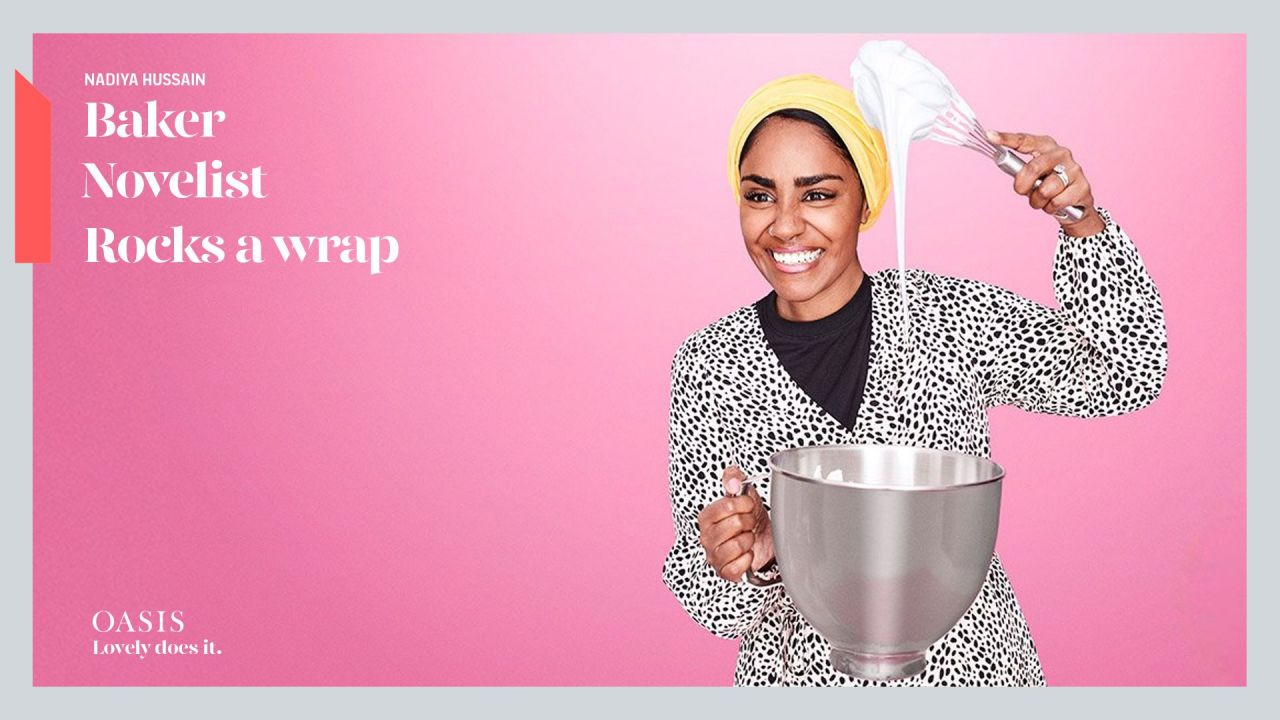When news broke the other week that Oasis, the high-street women’s fashion retailer, was permanently closing its doors for business, I felt sad.
I felt sad for the 2,000+ jobs that have been lost as a result of the closure of that business, and its sister fashion label Warehouse, and for the knock-on effects that it will have for so many people. But I also felt sad because Oasis stood for something different in the market. The brand represented a form of modern femininity that is largely missing from the high street. Theirs isn’t the sexualised, politicised, androgynised interpretation of female fashion. It’s a warm, inclusive and vibrant take on it. The Oasis woman doesn’t sulk in the corner trying to look edgy. She doesn’t need to. She’s knows her self-worth, is truly confident – and she’s a genuinely positive female role model.

Oasis’ autumn and winter campaigns of 2019.
Word on the street is that Boohoo, the fast-fashion behemoth, and owner of BoohooMan, PrettyLittleThing and NastyGirl, was on the shortlist of potential buyers. Turns out they’ve got cash to spend and are reporting rising profits during the pandemic. Their business models were always different: Boohoo is an online retailer with none of the fixed overhead costs that a bricks and mortar business like Oasis carried. They were founded as a digital business and have a slick social presence with over 6.5M Instagram followers and a feed full of fit young things in the kind of sexy, pouty poses that the Internet loves. Meanwhile Oasis had invested heavily in high street boutiques over recent years, making a point of its local community presence and trying to expand its retail footprint by bringing its “little house of Oasis” format to market towns like Farnham.
The retail sector was in pain before the pandemic hit. 2019 was the worst year ever for the sector on record. And I don’t think anyone believes the high street will ever look quite the same as it did when we all entered lockdown. The positive takeout is that the COVID-19 crisis has presented incredible opportunities for digital businesses; businesses like Boohoo whose entrepreneurial leaders have found new ways to encourage consumers to spend. But at the same time, another fallout of the pandemic is the loss of a brand that genuinely celebrated women. A brand with a positive purpose that represented an escape from the dominant codes of the category. A brand that told a different story, valuing style and substance over sexualisation.
Oasis’ brand line was “Lovely does it.” It first launched in a campaign last year featuring Nadiya Hussain, Kara Tointon and Katie Piper, women who embodied a supercharged kind of lovely; aspirational and inspirational women who are so much more than clothes-rails for pretty dresses.

Oasis' SS19 campaign featured Nadiya Hussain, Kara Tointon and Katie Piper as brand ambassadors, highlighting each woman's impressive accomplishments and interests. Later campaigns featured Frankie Bridge, mother, singer and mental health ambassador.
The campaign was followed up by a partnership announcement: Oasis would sponsor England’s national netball team, the Vitality Roses, making them the first female high-street fashion brand to partner with a sports body. The campaign that followed, hailed a “total joy” by Glamour Magazine, featured captain Ama Agbeze, Jade Clarke and Eboni Usoro-Brown and introduced us to those women’s accomplishments, on and off the court. It ran in the London Underground, too, next to ads by brands like Missguided that, around the same time, was airing a TV ad that the Advertising Standards Authority would later ban for its use of offensive imagery that objectified women.

These campaigns for Oasis and Missguided came out around the same time last year. According to Missguided, their intention was to show “empowering, confident women.”
The people at Oasis knew their audience. They talked about her, a lot. They respected her and admired her and were in awe of her loveliness. They were clear on their brand and what they stood for, and they felt passionately that there was an entire generation of young women who shared their vision of what it means to be modern, feminine and stylish.
I’m sad for all of these reasons. I’m sad for the good people I knew who worked for Oasis, and for the hole in the high street their closure will create. But most of all, for the loss of a brand that stood for style and substance - a brand that our daughters will never know.
Aileen Madden, Deputy Managing Director

